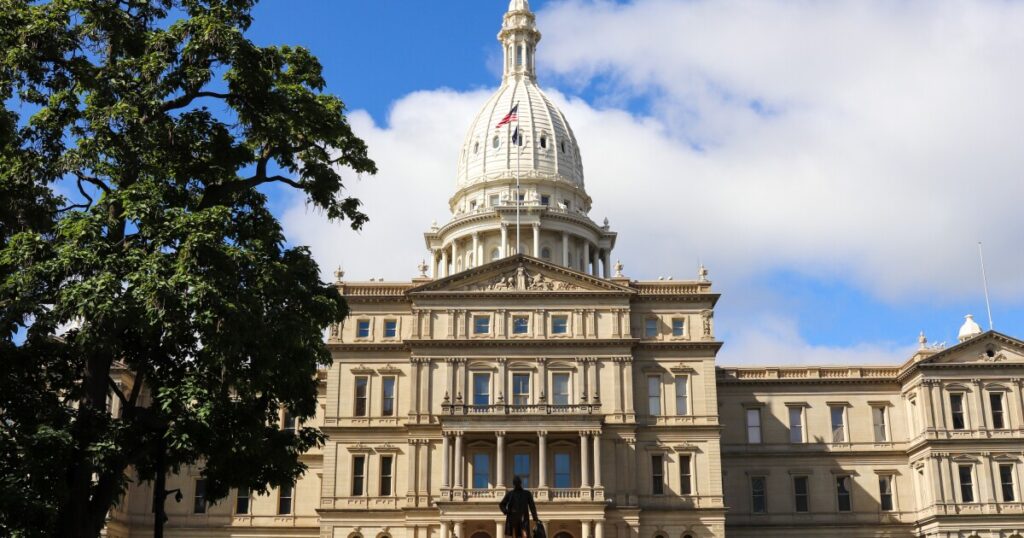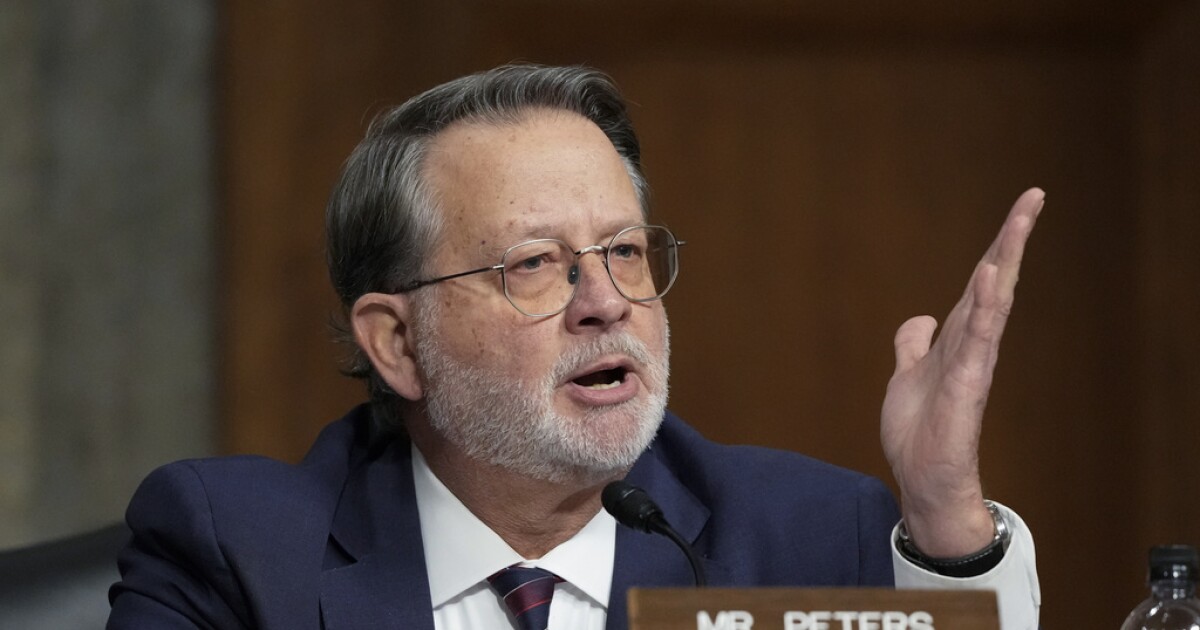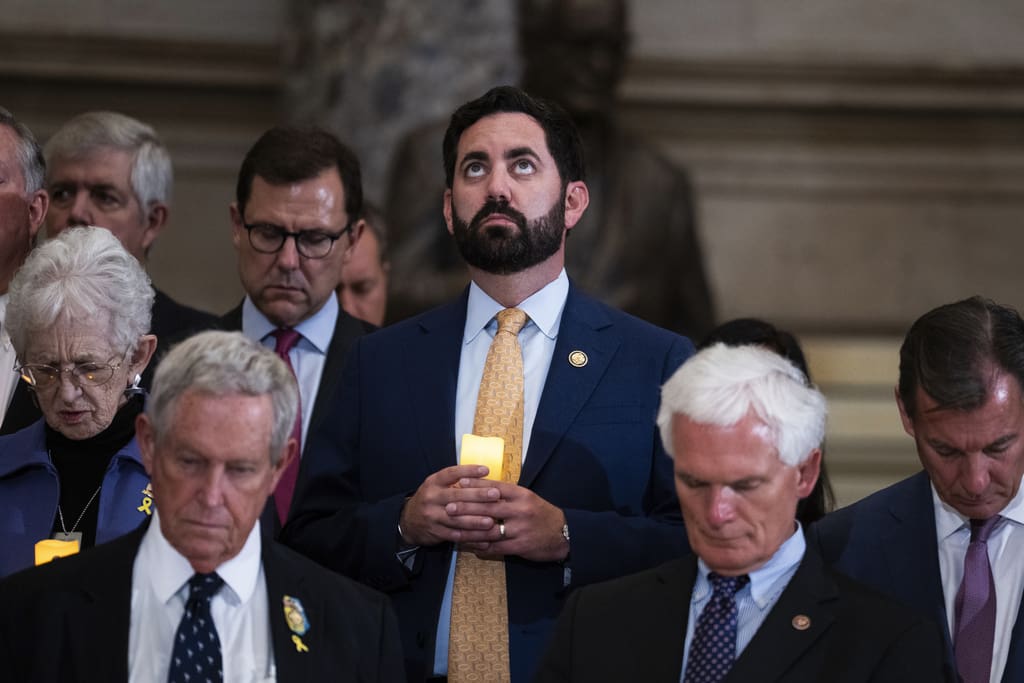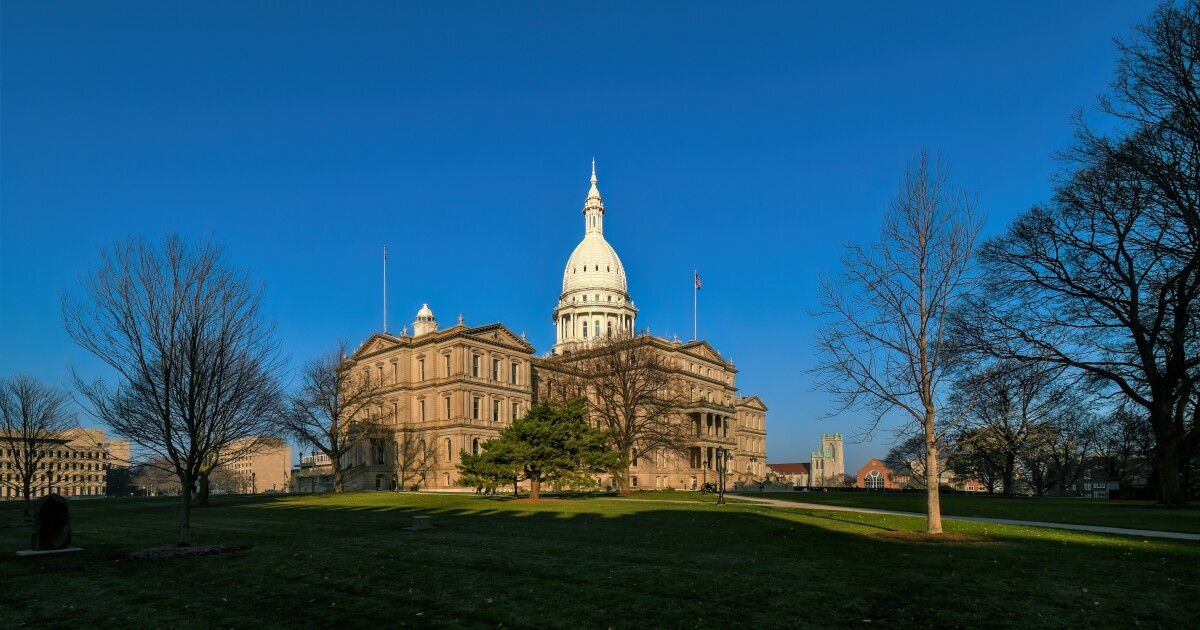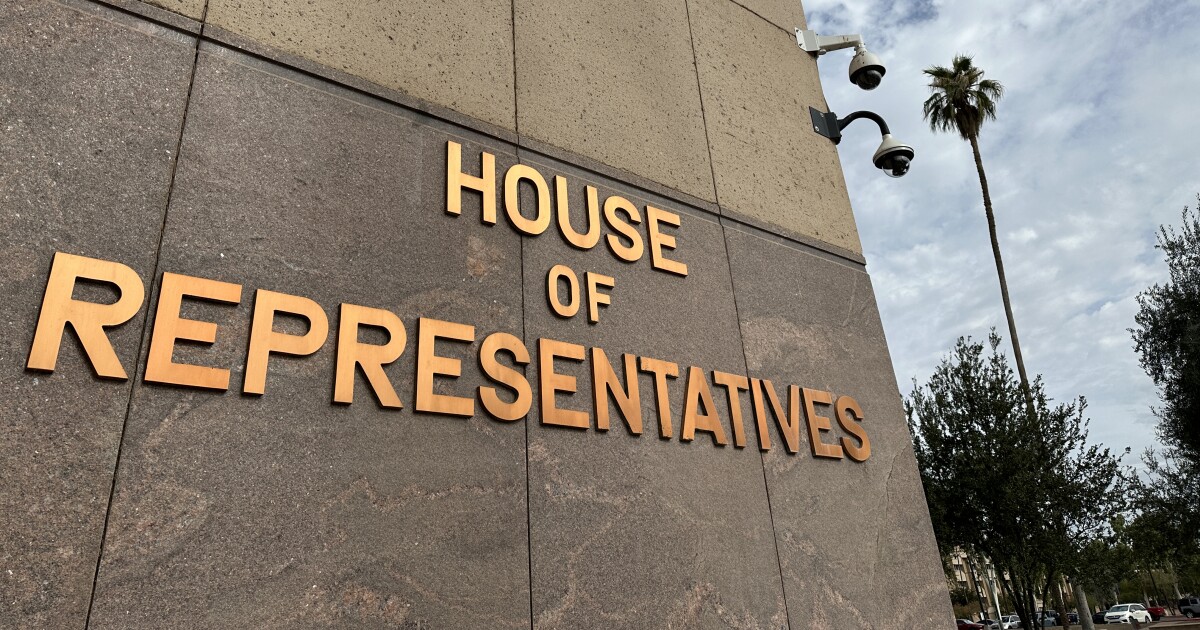Michigan Lawmakers Race Against Time to Finalize State Budget
In the halls of Michigan’s state Capitol, urgency fills the air as legislators work tirelessly to finalize the state budget before the stroke of midnight on Wednesday. The arrival of the new fiscal year without an approved budget could lead to a partial shutdown of the state government, affecting public services temporarily.
Governor Gretchen Whitmer’s administration has not disclosed any contingency plans for a shutdown nor alerted state employees about potential layoffs. Instead, Whitmer, along with House and Senate leaders, is focused on navigating the complex budgetary process to meet the deadline. According to the Michigan Constitution, a balanced budget is a constitutional requirement.
Efforts to accelerate the budget process have intensified since late last week, with members of the Whitmer administration, legislative appropriations committees, and staff engaged in non-stop negotiations. Significant progress was announced on Thursday when Whitmer, Senate Majority Leader Winnie Brinks (D-Grand Rapids), and House Speaker Matt Hall (R-Richland Township) outlined key agreements. These include a new wholesale tax on marijuana aimed at generating funds for road infrastructure and provisions for income tax breaks on tips, overtime pay, and Social Security benefits.
On Friday, chairs of the House and Senate appropriations committees declared that broad spending targets were established for various sectors of the state budget. The task now involves negotiating specific spending levels, program priorities, and the numerous line items that compose the budget bills. Once leadership approves these details, the budget bills will be unveiled, prompting a flurry of activity among legislators, staff, lobbyists, and interest groups. The goal is to secure the necessary agreements to pass the budget promptly.
However, for K-12 schools, local governments, community colleges, and public universities whose fiscal years began in July, the delay has created uncertainty. These entities will need to adjust their financial plans based on the budgetary decisions made in Lansing this week.
—
Read More Michigan News

